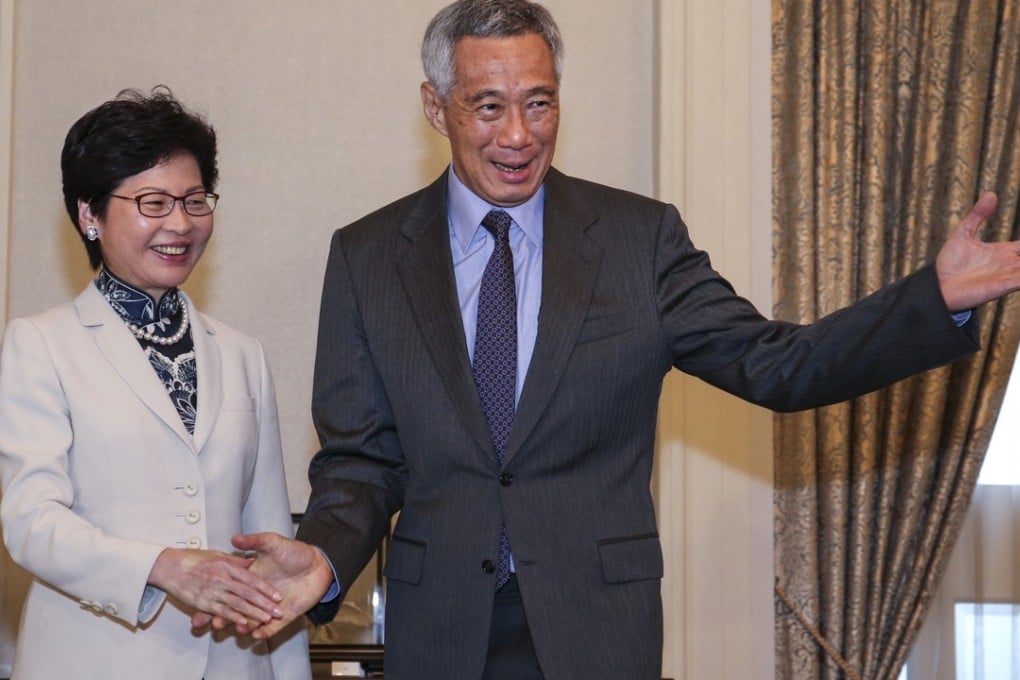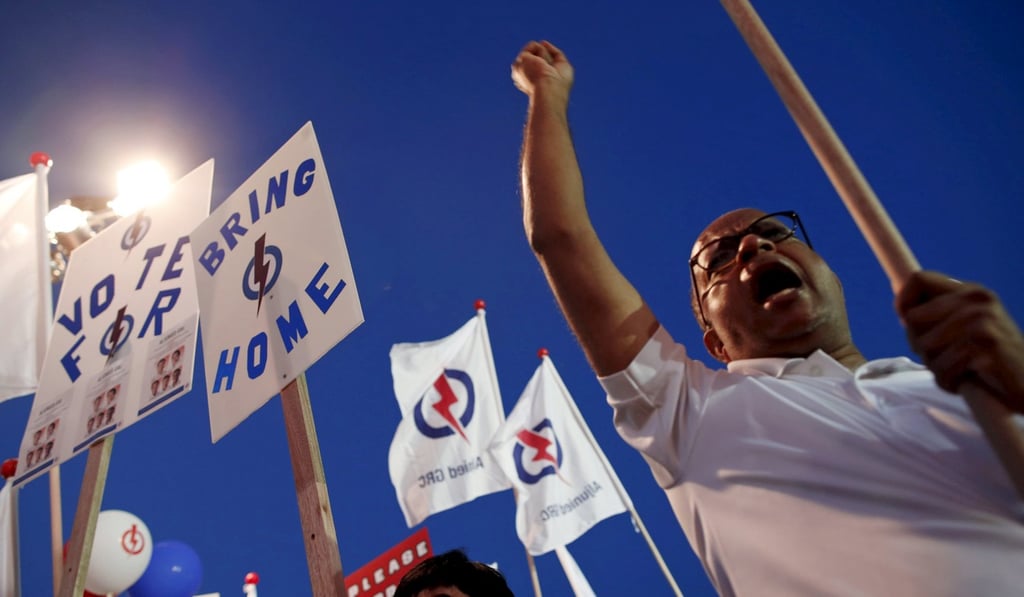If Singapore can groom political talent for good governance, why can’t Hong Kong?
Gary Wong Chi-him says that if Carrie Lam wants more effective governance in Hong Kong, she should look to Singapore’s political cultivation process, not its civil service training

One must overcome many hurdles to represent the People’s Action Party in Singapore’s general elections. According to Men in White: The Untold Story of Singapore’s Ruling Political Party, candidates must complete an IQ exam, psychological test with more than 1,000 questions and two face-to-face interviews for clinical assessment. Doctors examine childhood and family life, educational background, experience with national service, sex psychology history, marriage habits, social activities, health, work experience, finances, life philosophy and political motivation. However, past performance in grass-roots work is given higher priority than the psychological test. In the past, Lee Kwan Yew disapproved of some outstanding civil servants due to their lack of ability to work with grass-roots communities and labour unions.
Why Hong Kong can never become Singapore
Singapore strongly believes that dealing with low-income groups is the starting point of political training. Political newcomers must begin working in the grass-roots community and climb up step by step. After winning in the general elections and building a solid power base, they may finally enter the government to serve as cabinet ministers or in other high-level leadership positions.
In Singapore, members of Parliament, including the cabinet ministers, meet the residents of their constituencies every week – a programme known as a “meet-the-people session”. I have attended one such session, which began at 7pm and officially ended at midnight. Since there is no specific closing time, the MPs met all the residents who came for help.

Most appointed [Hong Kong] officials have no experience in grass-roots politics and elections
During each general election, the PAP requests a third of its MPs give up their seats for new candidates. Prime Minister Lee Hsien-loong believes this turnover rate allows each MP to serve an average of three terms, or about 15 years. In Singapore, if one begins a political career at 37, he or she would only be around 50 on completing 15 years of public service. Singapore emphasises recruiting talent from outside the establishment. Lee Kwan Yew did not want to see a situation where cabinet members hold similar views, leading to “ideological inbreeding”. Currently, the PAP actively recruits talent from think tanks, religious groups, business corporations, community organisations and other fields. Those with political talent are encouraged to have different ideologies, but must agree on core values, handle problems logically and share the goal of solving political problems.
